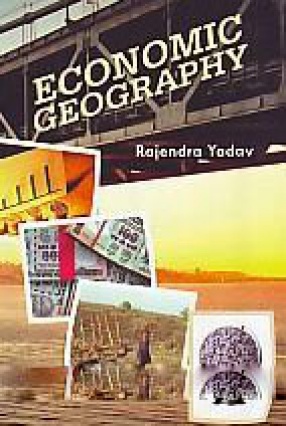Economic Geography like all science was developed under the influence of practical demands and its development has experienced incessant impulses from social life and definite demands. In recent years, economic geography has grown closer to economics through the progress in theorizing how such forces as trade costs, migration and the location of firms and sectors interact. Globalization is reshuffling maps of economic activity, generating new distributions of output, employment and human welfare. The LSE Geography Department has a strong cluster of researchers who work at the frontiers of economic geography using techniques that range from formal modelling to quantitative methods and case studies. They interact strongly with the researchers working on regional development and urban economics. The presented book carriers out an exhaustive of diverse aspects of economic geography which is of greater significance in varied ways.
Contents: Preface. 1. Introduction. 2. Economic geography in business industry. 3. Knowledge of economic geography. 4. Cultural economic geography. 5. Evolution in economic geography. 6. Transportation in economic geography. 7. Empirics of new economic geography. 8. Institutional approaches in economic geography. 9. Economic development through tourism and resources. 10. Industry geography. Bibliography. Index.







There are no reviews yet.